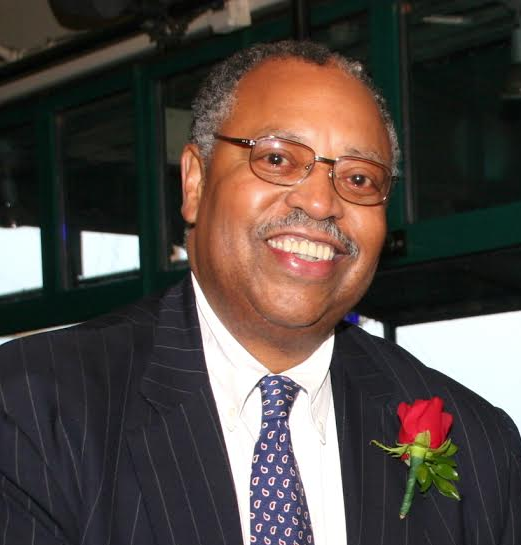Court appearance in prison uniform not sufficient to grant new trial

A Brooklyn federal defendant’s argument that his appearance in court while wearing a full prison jumpsuit improperly influenced the jury was undermined by the defendant’s own testimony as to his prior criminal conduct, a judge ruled.
Robert Jefferson was charged and convicted for the criminal possession of a weapon and criminal trespass after a police stop in Staten Island. Jefferson allegedly appeared for his first court appearance, in front of the jury, in a complete prison jumpsuit.
After the end of the first trial day, Jefferson’s trial attorney made note to the court, on the record, that “Corrections refuses to give [Jefferson] his own clothes to wear to Court and he is forced to wear this state jumpsuit.”

Brooklyn Boro
View MoreNew York City’s most populous borough, Brooklyn, is home to nearly 2.6 million residents. If Brooklyn were an independent city it would be the fourth largest city in the United States. While Brooklyn has become the epitome of ‘cool and hip’ in recent years, for those that were born here, raised families here and improved communities over the years, Brooklyn has never been ‘uncool’.